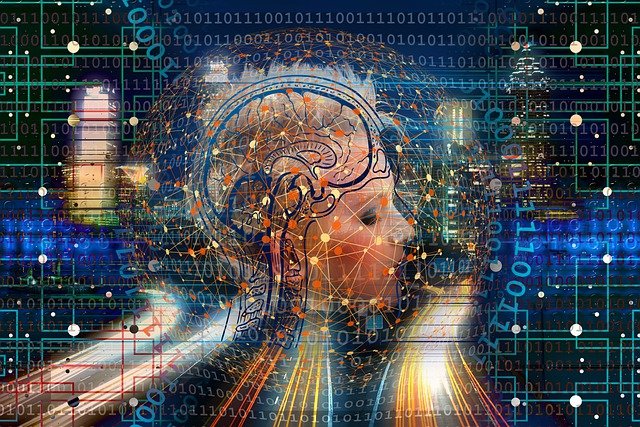The digital transformation process for businesses

DIGITAL TRANSFORMATION - The future is approaching but also the present needs innovation. For companies, digital transformation has become a requirement that can no longer be ignored. The consequences of its implementation are manifold, as are the problems it can bring. So how does a company deal with digital transformation?
Digital transformation
We have been talking about digital transformation for more than twenty years now, but do we really know what that means? Initially with this term it was intended to indicate all those processes related to digitization and digital archiving of documentation. Even today this meaning is present within the definition of digital transformation but the concept has been substantially expanded.
Digital transformation indicates a set of predominantly technological, cultural, organizational, social, creative and managerial changes associated with digital technology applications. Acting in an organic and combined way on these elements digital transformation goes beyond the simple adoption of new technologies and allows to provide services, to provide goods, to live experiences, find, process and make accessible large amounts of content regardless of the real availability of resources (human, material, intellectual and economic, etc.), creating pervasively new connections between people, places and things. This process is enabled by the development of new technologies, but it is not limited to their adoption. In fact, it aims to integrate and involve the entire technological ecosystem, encouraging transparency, the sharing and inclusion of all participants.
The point of view of companies
From a technological point of view, the tools in favor of companies are Immersive Reality, Virtual, Cyber-Economy, Neuroscience and Neurolink, Blockchain, Artificial Intelligence and much more. All these tools are then integrated with concepts that at first glance have less to do with digital, such as anthropology, emotional intelligence, social sciences.
Those listed are just some of the solutions available to a company, but it is not said that all are suitable. In fact it is necessary that every enterprise before deciding which road it wants to undertake does a research on itself in order to understand own needs. Only in this way can a functional digital transformation be put into practice. Otherwise there is a very high risk of finding oneself in the situation explained by some Italian companies and collected from the research of the Insight Intelligent Technology Index. The data of Italian companies for 2019 show that:
- 60% cannot find the right balance to implement digital transformation projects and manage the ordinary processes of their company;
- 45% encounter difficulties with monthly costs or operating expenses;
- 32% have difficulties to calculate the ROI because of their organization;
- 32% have difficulties in identifying useful corporate case histories regarding digital innovation.
Sustainability and digital transformation
In the process of digital transformation, however, we must not forget another important aspect: sustainability. Another frequent mistake should also be avoided, namely limiting the term sustainability to the only aspect related to attention to the environment. Wrong, because sustainability also means everything that is aimed at improving the human condition. This also implies its position in the workplace.
Sustainability is not just a theme of "fashion" at the moment, but a real need that customers, users of our services, want. The attention to this aspect is always higher and deeper. Consumers are not only attentive to the raw materials used and the exclusive sustainability of the final product, but also ensure that the entire production cycle respects the rules. Important is the whole phase of life of the goods, from the ideation up to the arrival in the houses of the buyers.
The digital transformation for this factor is important, because it must be able to adapt at the same time to the needs of the company, the worker and the customer. And these are very often difficult to match. A meticulously studied digital transformation can, however, greatly simplify things. Unfortunately, however, we are far behind on this aspect, as the research conducted by the Centro Studi Tagliacarne shows that only 6% of the activities have succeeded in carrying out the ecological and digital transformation or is very close to us. All the others are either still far from the final transaction or have yet to begin the transition.
The future of technology
Technology is now a regular player in our present and is about to be the protagonist of our future. Economic activities want to make use of it because it allows them to have access to instruments capable of responding to the needs of flexibility and complementarity. However, to keep up with the pace of digital transformation, staff need to be flexible and able to keep up with change. The investment of digital transformation must also be able to foresee this.



